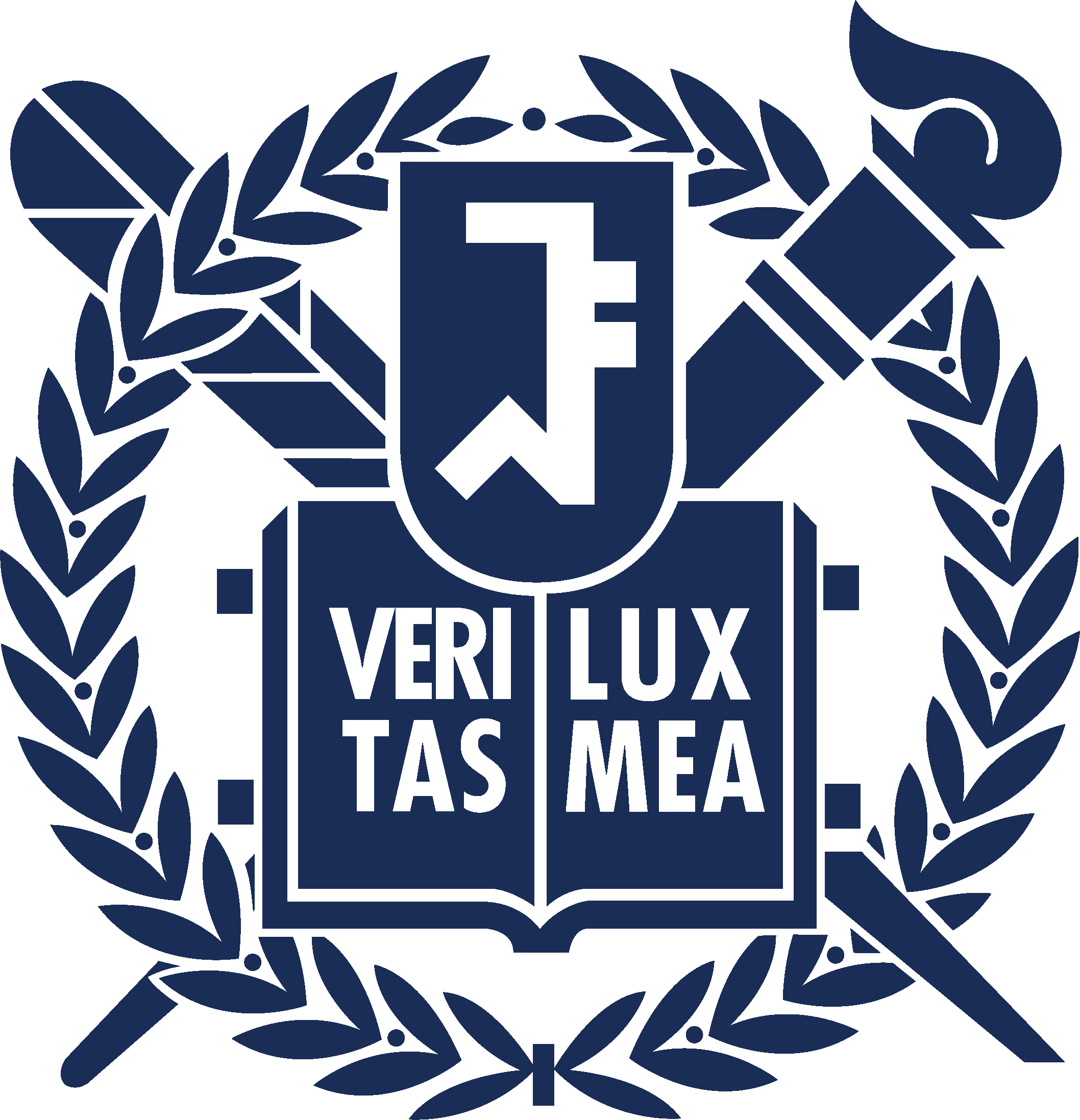Overview
Immune system is much like a two-edged sword. On one hand, deficiencies in immunity render hosts to succumb to pathogen infections or possibly tumors. On the other hand, hyperactive immune reaction may cause disease such as autoimmunity by failure in distinguishing self from non-self.
Our major research goal is to understand how fine tuning and balance of T cell response is established and maintained during T cell development, which is the basis not only for finding the way of suppressing destructive autoimmune reaction, but also for reinforcing advantageous response against foreign antigens and tumors. This dichotomy of immunity gets more complicated when immune reaction after allogeneic transplantation is concerned, because immune tolerance to non-self should be maintained to accept the grafts of foreign origins without rejection. In our laboratory, taking advantage of congenic, transgenic, spontaneous mutant, and knock-out mouse strains for various essential genes for immunity, we have established animal disease models for immune disorders, such as graft-rejection, graft-versus-host disease, leukemia, and autoimmune disease, and are under mining gene functions related to immune reaction in vivo, investigating immune network among the adaptive and innate immune cells, and developing therapeutic strategies to treat the diseases.
